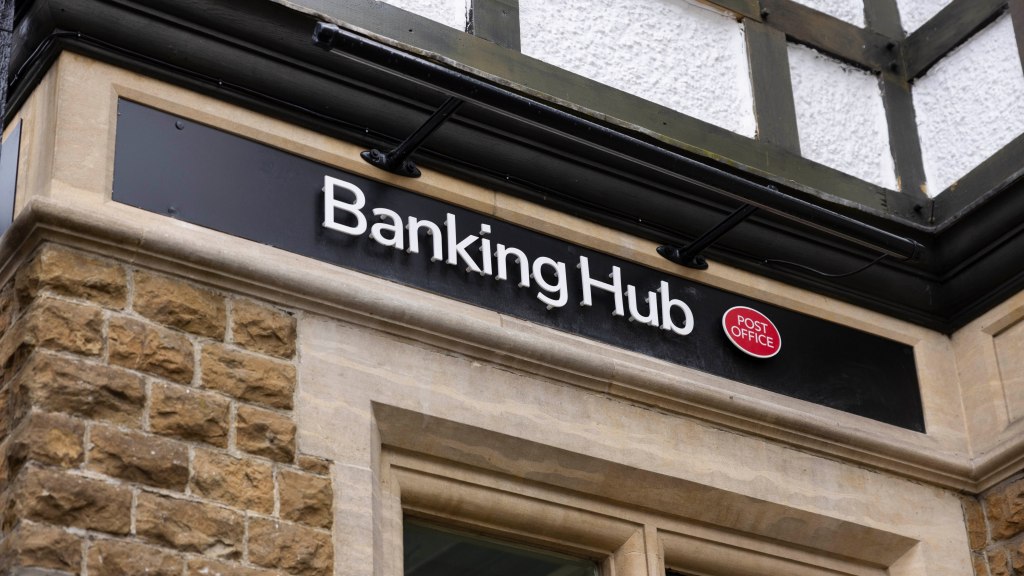Assessing a 4.17% Mortgage Rate: Is It Worth It?
As we approach the time to remortgage, we have received an offer for a five-year mortgage rate of 4.17%. Our previous remortgage in October 2022 occurred during a period of market instability, resulting in a higher rate of 5.87%. While the new rate is an improvement, we recognize it may not be the lowest available option. A five-year rate of 4.17% feels comparatively steep to us.
Is this rate a reasonable deal? Although perhaps overly optimistic, we had anticipated securing a rate slightly above 3% — Mark from Raynes Park.
The mortgage market has stabilized significantly since the upheaval caused by the mini-budget in the fall of 2022, leading to a decrease in mortgage rates.
Although interest rates previously surged as the Bank of England sought to curb inflation, a shift is apparent with the recent reduction in the Bank’s base interest rate, which has fallen from 5.25% to 5% for the first time in four years.
Current indicators point to potential further reductions, and fixed mortgage rates have also decreased, indicating positive trends for borrowers.
While you hoped for a slightly lower rate, the best five-year fixed options for those remortgaging with 40% equity hover around 4%. Your offered rate is competitive within the market, yet I have suggestions to potentially secure a slightly more favorable deal.
Review the Timeline of Your Current Deal
You opted for a two-year fixed rate in October 2022. While most fixed-rate mortgages follow a specific end date, they may not align perfectly with the two-year term. For example, a two-year rate secured in August 2024 might conclude between September 30 and December 31, 2026. Being clear on how much time remains on your current deal aids in future planning.
Start Searching for a New Deal 6 to 8 Months Before Expiration
Generally, you can engage in a product transfer — a remortgage through the same lender — six months ahead of your current deal’s end date. If a better rate appears, you typically have the option to cancel the current application. Most mortgage offers have a six-month validity period.
Evaluate Your Loan-to-Value Ratio (LTV)
Lenders provide the most attractive rates to those with a lower LTV, indicating a larger deposit or equity stake in the property, which makes them less of a risk. If property values have appreciated in your area or if you have made improvements, request a new valuation from your lender if you believe the current one undervalues your home. A lower LTV can enhance your eligibility for better rates.
If you’re nearing a different LTV bracket (these typically decrease in 5% increments, starting from 95%), consider whether utilizing available funds to reduce your loan balance could result in a more favorable rate.
Enhance Your Financial Profile Before Applying
Avoid applying for new credit immediately prior to your mortgage application and refrain from significant spending or dipping into overdraft, as these actions could affect your credit score and affordability evaluation. A stronger credit score may lead to more competitive rates.
Assess the Full Cost of the Mortgage Deal
Don’t focus solely on the advertised interest rate. Various deals may include arrangement fees, valuation charges, and legal costs. Often, the lowest-rate mortgages come with higher fees, making it crucial to weigh all associated costs.
Depending on your loan size and associated expenses, it could potentially be more beneficial to pay a fee for a lower rate. Investigate whether there are alternatives to the 4.17% rate that may involve fee structures, as these could result in lower overall expenditures throughout the mortgage term.
For assistance, seek advice from a qualified mortgage broker who can help navigate these considerations effectively.






